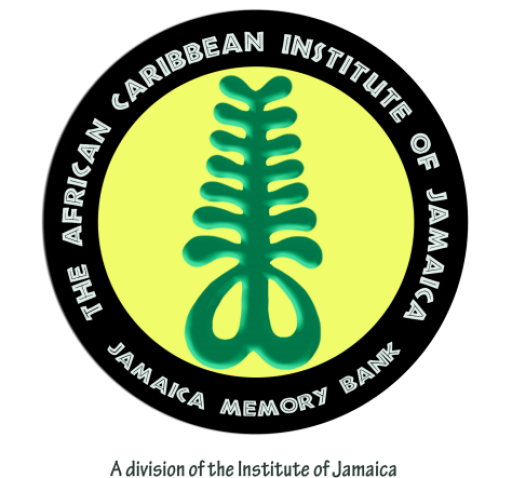Herbs and Spices in the Diet
Jamaicans have traditionally relied on various herbs and spices in food preparation that serve and form the day to day diet. These herbs and spices are used not only for the distinct flavours that they bring to a dish, and their potentiality as food preservatives, but for their innate health benefits, as well as their ability to enhance the overall nutritional value of an entire meal, which typically consists of a protein, carbohydrate and vegetables.
The traditional use of various herbs and spices has promoted creative cooking in Jamaica, with distinct flavour and a flair that have resulted in global recognition of “Brand Jamaica’s” characteristic and famous cuisine. Undoubtedly, the adoption of particular herbs and spices in certain dishes, though ancestrally passed down, would have occurred in a process of trial and (disputable) error. It is well known that experimenting with different herb blends can enhance the natural flavour of foods, and also transform bland foods into zestful dishes. Over time then, a variety of available herbs and spices have been tasted and tested in combination with other plant foods, whether for the immediate pleasure of a good tasting meal, or for a palatable source of wellness and good health. Popular herbs and spices traditionally included in the diet are therefore valuable as food, and medicine.
It is widely accepted in Jamaica – and globally – that the over reliance and consumption of processed foods have resulted in various comorbidities, such as diabetes and hypertension (classified as lifestyle diseases), which are prevalent among the African Diaspora. Poor nutrition can also negatively impact a person’s mental health, and even cause emotional imbalance, owing to the gut microbiome causing changes in how the brain perceives and reacts. This is because gut bacteria produce neurotransmitters, such as dopamine and acetylcholine, which are crucial for motivation, concentration, and overall mood and state of being, which includes anxiety and depression. Conversely, a well-balanced diet, along with tried and proven herbs and spices, can remediate toxicity in the body and improve general health and wellbeing.
Jamaicans are known for experimenting with flavours from a variety of herbs and spices to create exciting dishes. Nonetheless, there are herbs and spices that are typically used in traditional Jamaican cooking. Popular herbs are thyme, rosemary, basil, bay leaf and sage; and commonly used spices include onion, garlic, ginger, pepper and pimento, to name a few. In food preparation herbs can be chopped up and used fresh in cooking – especially in soups and stews – where they also serve as a sort of garnish; or they may be dried and used primarily as seasoning for various meats, and as a flavour complement to tubers. The traditional practice is to use twice the amount of fresh herbs to dried herbs in food and other preparations.
